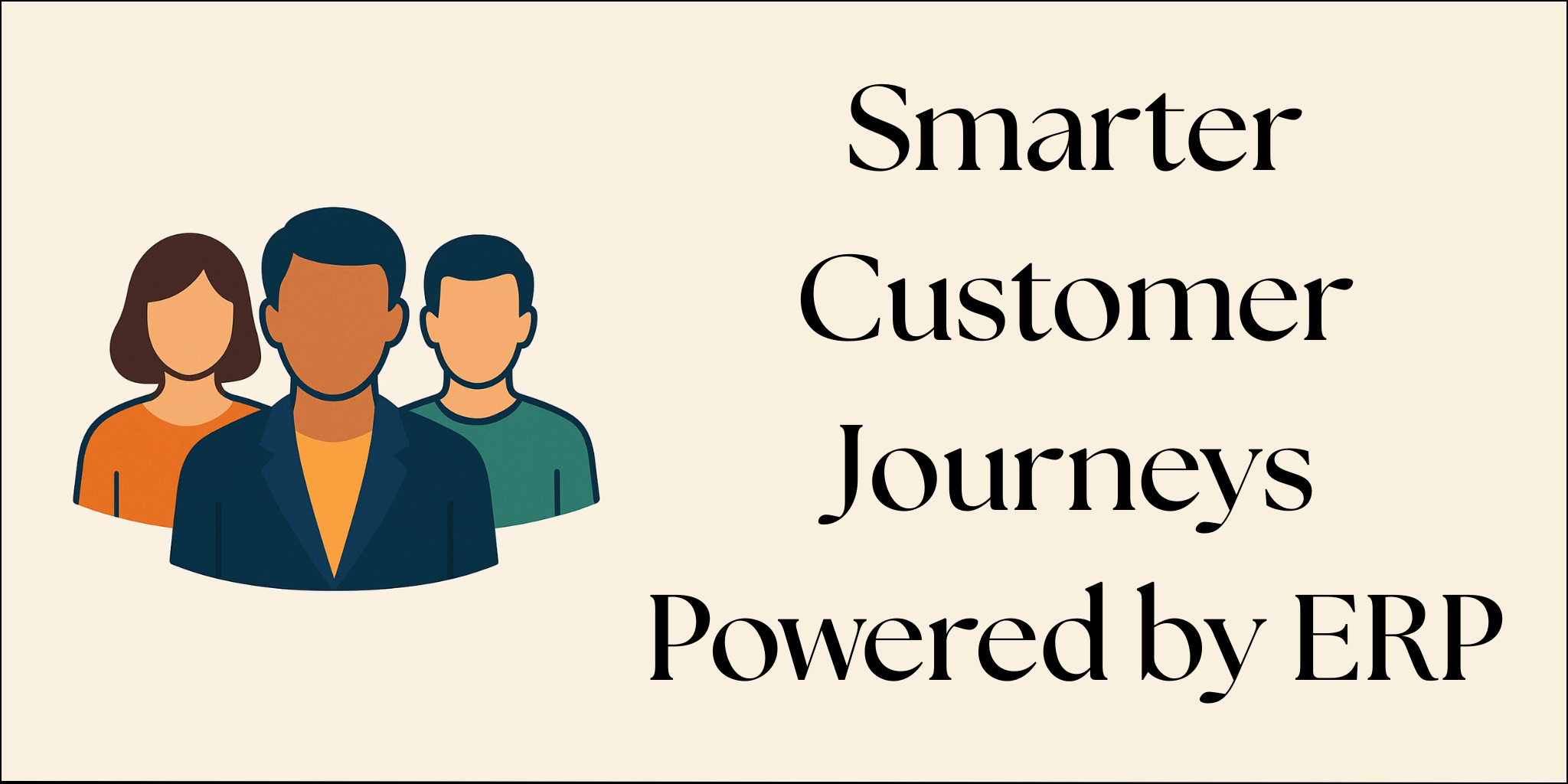
Customer expectations are more demanding than ever. To stay competitive, businesses need tools that don’t just store customers data but turn it into actionable insights. The Customer Module in today’s ERP systems is designed precisely for this — delivering a centralized, intelligent platform that empowers every team to work smarter and faster.
By unifying customers information and leveraging automation, organizations can break down silos, speed up workflows, and create personalized experiences that drive lasting loyalty and revenue growth.
Why the Customer Module Is Critical for Your Business
The Customer Module serves as the backbone for managing all customer-related activities across sales, marketing, and service. Its key benefits include:
- Centralized Customers Data: A single source of truth accessible across departments.
- Improved Team Collaboration: Real-time updates and shared insights ensure consistent customer’s engagement.
- Personalized Customers Journeys: Data-driven customization enhances satisfaction and retention.
This foundation lets companies shift from reactive firefighting to proactive customer’s management — a vital step for sustained success.
Accelerating Growth Through Integrated Customer Intelligence
Connecting the Customer Module with core ERP processes unlocks powerful advantages:
- Sales Enablement: Equip sales teams with deep customers insights to close deals efficiently.
- Retention & Loyalty: Anticipate customer’s needs and resolve issues quickly with rich context.
- Targeted Marketing: Launch campaigns based on segmented data to maximize ROI.
The result? A business that’s agile, customer-focused, and poised for scalable growth.
Harnessing AI to Cut Costs and Boost Productivity
Artificial Intelligence transforms the Customer Module from a data repository into an intelligent assistant:
- Predictive Analytics: Anticipate churn, forecast sales, and identify upsell opportunities.
- Task Automation: Streamline lead follow-ups, customers queries, and ticket routing.
- Sentiment & Behavior Analysis: Understand customers mood and preferences for better engagement.
This means less manual work, smarter decisions, and more impactful customers interactions — all while lowering operational costs.
One Dashboard to Rule Them All: Simplifying Management Oversight
ERP dashboards consolidate customers insights into a single, easy-to-navigate interface. For management, this means:
- Real-time KPIs: Track customers acquisition, retention, and revenue metrics at a glance.
- Trend Identification: Quickly spot emerging opportunities or risks.
- Informed Decision-Making: Base strategies on comprehensive data, not assumptions.
A unified dashboard empowers leadership to act swiftly and confidently in driving growth.
Final Thoughts
The Customer Module is a cornerstone of modern ERP systems — vital for organizations aiming to deepen customer relationships and accelerate growth. When enhanced with AI and visualized via a unified dashboard, it turns raw data into a strategic asset.
In a competitive landscape, mastering your customer data is mastering your future.